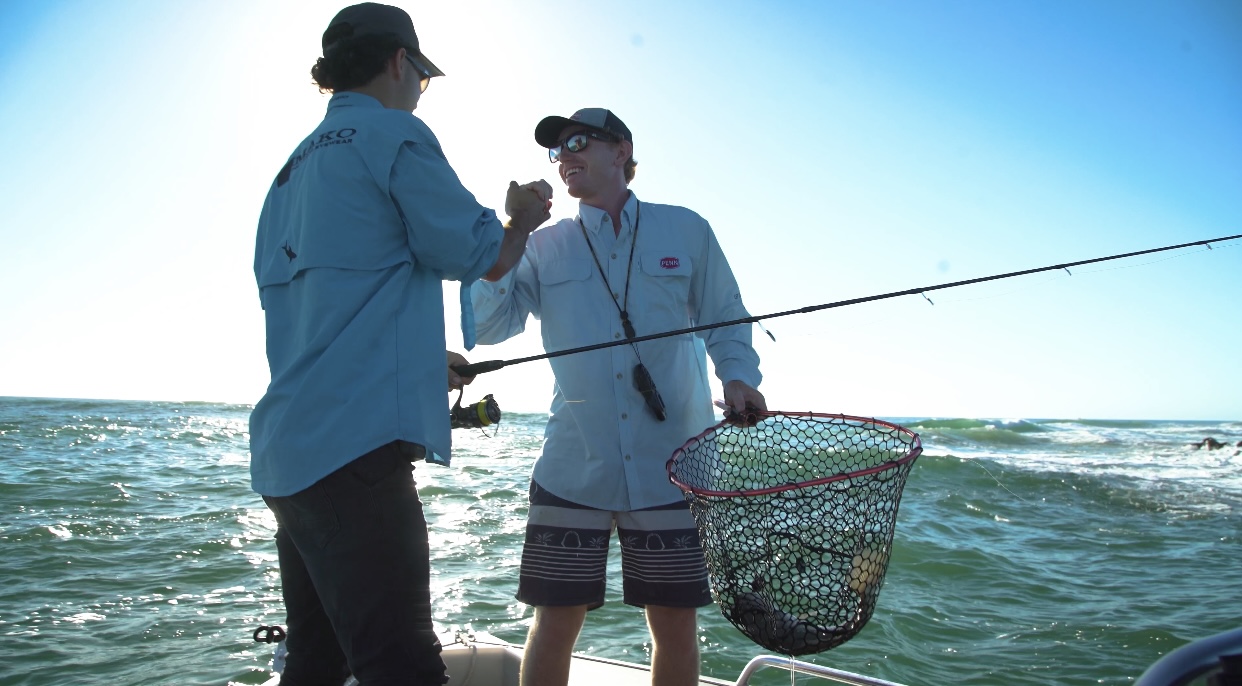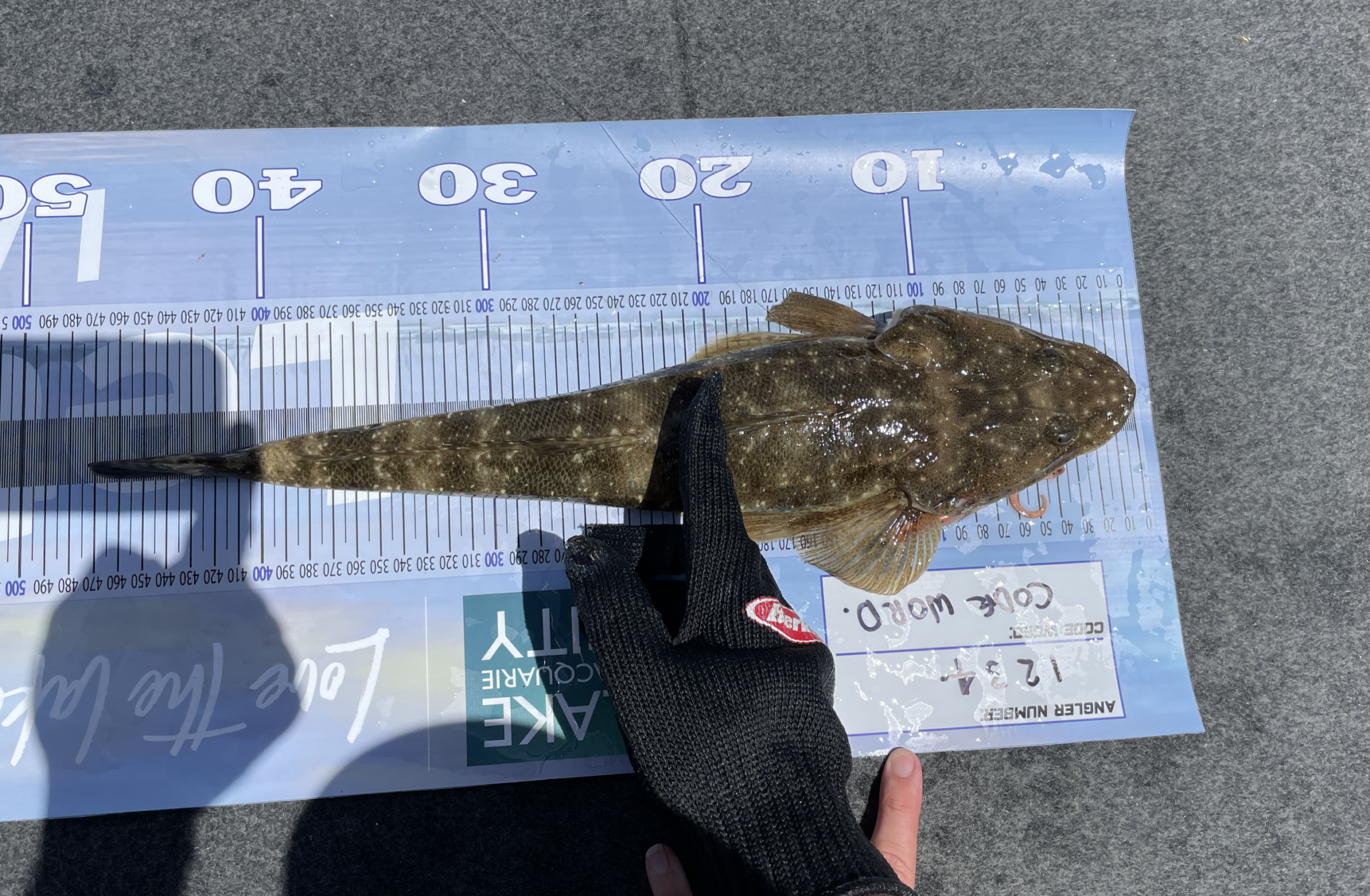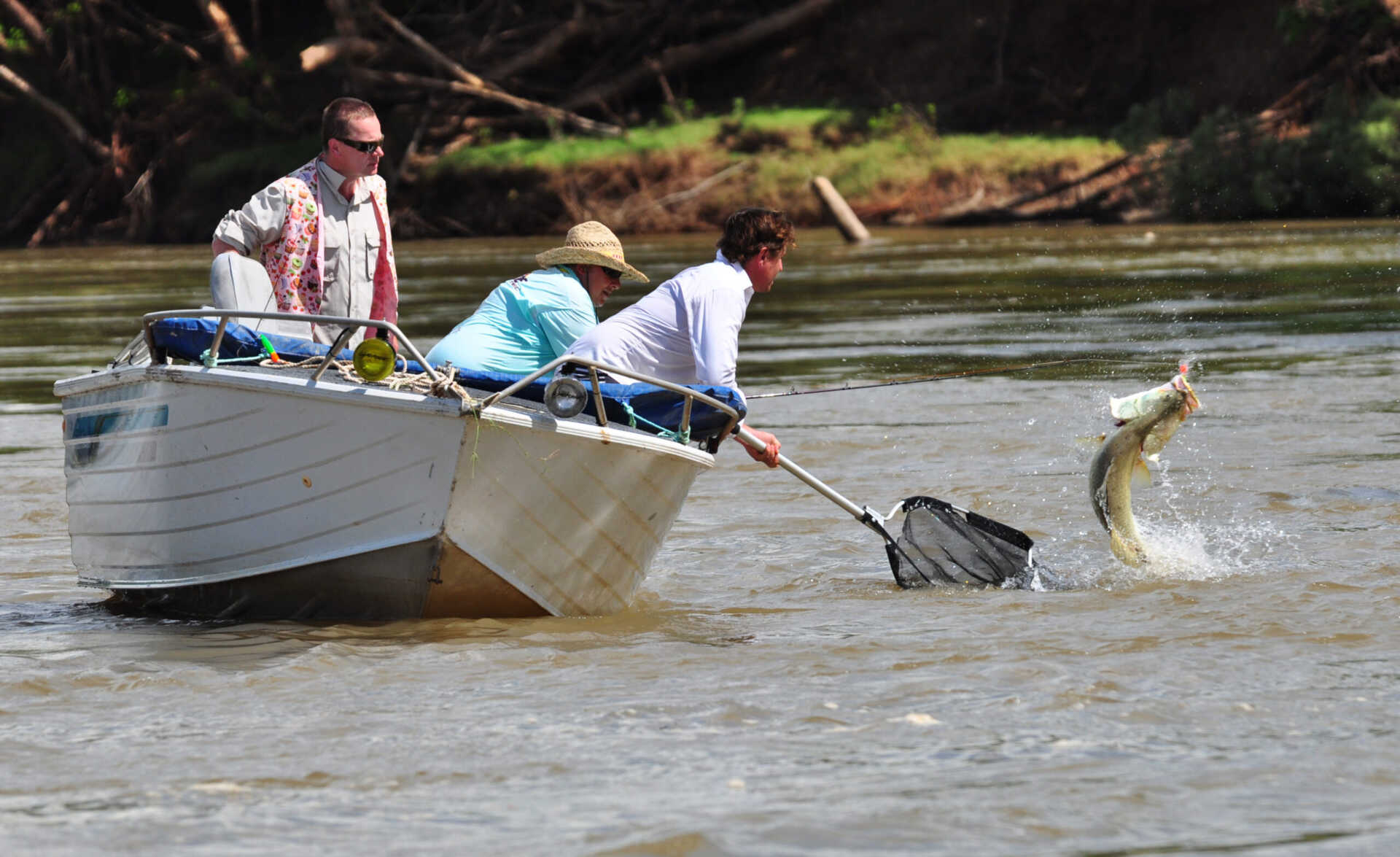Why your local fishing competition has an environmental responsibility

We all love a good fishing competition. It’s the chance for us to take the skills that we have learnt through years of practising our craft and applying them in a competitive environment, with the bonus of winning something for our troubles.
Regardless of whether it is the grand final in the Australian Fishing Championships (AFC), or just the local family fishing festival, every Australian will agree that there is something inherently appealing about being crowned ‘champion angler’.
Perhaps a trait inherited when we take that first cast of a rod, bragging rights in fishing are the underlying drive behind many people’s addiction, especially when those rights come with a hefty cash prize, a trophy or a new Lowrance sounder.
To say, however, that these bragging rights are only on offer for competitors is to ignore the recent movement within the fishing industry toward sustainable fishing competitions.
Over the last 10 years, the manner in which fishing competitions are run has slowly started to change – a move which has been welcomed by anglers and the community with implementing a sustainable option.
In casting our mind back only 5 years, the traditional fishing competition down at the local fishing club was held in the courtyard of the local tavern with anglers bringing tubs of fish they caught from their weekend comp.
The fish would be placed on a scale and judged according to their weight, with the left-over fish often raffled off for people to take home that afternoon. It is here that the old fishing sayings were born, ‘the 40lber mulloway’, the ‘5 kilo flathead’, or the ’10 kilo snapper’.

The underlying issue with competitions such as these is that they fail to recognise that some of our bread and butter fish, such as bream, are in fact some of the slowest growing fish in our estuaries, or that some of the most rewarded catches, such as big or even medium-sized flathead, are the breeding support system for that species. To incentivise the killing and removal of these fish from our waterway, is to incentivise the removal of the breeding populations for new offspring in the following year.
In the last decade, we have seen a move away from rules that require anglers to bring their dead catch into a local venue, to utilising readily available technology and social media as a way to ensure the fish are kept alive and released while still allowing participants entry into the competition.

With emerging and available technology and more sustainable approaches to fishing, the tides are beginning to turn, with organisers who wanted to take their competition to the national scale needing to come up with a way to judge all fish from the comfort of headquarters.
This ultimately meant that the tubs and scales were swapped out for a brag mat and smartphone, and the gutted and scaled fish were swapped in favour of a competition rule that the fish must be alive and kicking upon photo entry.
It is here that the 40lber mulloway turned into the ‘130cm mulloway’, and the 5-kilo flathead turned into the ‘80cm flathead’.
This move has set the benchmark for how fishing competitions should be run, regardless of where you are fishing or what state. It showed that if competitions such as the Pirtek Fishing Challenge can have more than ten thousand competitors across Australia, and successfully say that not a fish was killed, then the local fishing club can do the same.
This is not to say that taking a feed home is a problem, however, fishing competitions with rules that require the killing of a fish is an unnecessary demand on fish and fish productivity.
As with many things, the angler should have a choice as to whether their catch is kept or released, without being burdened in their chance to participate in the joy, challenge and social experience of a comp.

The current trend in Australia appears to be that all national and state competitions are travelling on the right course, taking stewardship responsibility for fish which includes fish handling. The goal, however, is to make good fishing stewardship the norm for all competitions, however small they may be.
To competition anglers around Australia, OzFish encourages you to vote with your feet and look to attend fishing competitions that value good stewardship of local fish and waterways. Speak up at your favourite keep and weigh comp and ask them to make the switch to the catch, photo and release format.
OzFish is here to help any fishing competition, no matter how small. If you are unsure of the technology available to you, the processes, access to brag mats or any other barrier to making a change to your competition, ask us how and let us know what you need to make the switch for stewardship.

